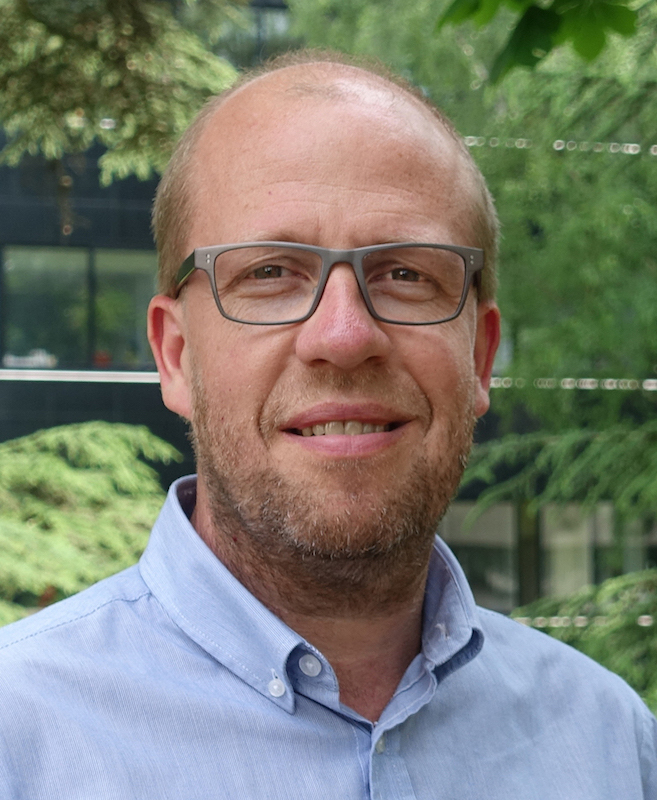Interview with Pascal Longuemare, the new Director of the Powertrains and Sustainable Mobility Center
Pascal Longuemare took over as head of the Powertrains and Sustainable Mobility Center on 4 January 2021, replacing Pierre Duret, who opted for retirement.

1. What was your background before joining the School?
A graduate of Polytech Lille, I hold a doctoral degree in Mechanics of Materials and Structures from the University of Lille.
I have spent my entire career at IFP Energies nouvelles. I joined the group in 1996 as a research engineer in the Applied Mechanics Department.
In the early 2000s, I was put in charge of industrial projects and seconded to Total.
In 2001, I took over the Geomechanics Department, then three years later the Mechanical Engineering Department, which focused on the development of technologies for the fields of energy resources, transport and processes. At the same time, I carried out two cross-cutting missions on optimizing production processes.
From 2013 to 2020, I was in charge of the Experimentation Department, primarily geared to the design of technological equipment and the characterization-qualification of materials, fluids and processes at the laboratory scale.
I am very happy to join the School and to use my expertise to help develop the training offer and industrial synergies in the fields of technology, new energies and digitalization.
2. The powertrains sector is changing dramatically. The digital transformation is accelerating. In addition, many car manufacturers have recently announced that they intend to stop producing petrol and/or diesel vehicles in the coming years. How is IFP School preparing for this strategic shift?
Even though the future of mobility is decarbonized, this does not mean an immediate end to the combustion engine. Indeed, we are seeing a craze for electric and hybrid vehicles. However, I would like to recall that hybrid vehicles are equipped with a combustion engine combined with an electric motor. The combustion engine has a higher weight-volume efficiency than the electric one because of the battery and it is affordable. In addition, let's not forget that a lot of work remains to be done on the charging infrastructure.
The Powertrains and Sustainable Mobility Center launched a major shift towards electrification and hybridization at the start of the 2018 academic year. Our five training programs were adapted to increase the share of courses on these two technologies. At the time, we increased this share significantly, and it now accounts for some 50% of the courses in our programs Energy and Powertrains and Powertrain Engineering. The programs Electrification of Automotive Propulsion and Combustion, Electric and Hybrid Powertrains are fully focused on this axis.
In addition, as part of the Energy and Products program, we are continuing to develop our curriculum on alternative liquid and gaseous fuels, in particular hydrogen and biogas, as well as on electricity production by aiming to optimize the combination of products (fuels, lubricants, etc.) and machines (powertrains, gas turbines, solar, etc.).
Finally, we are also working on the electric, connected and autonomous vehicle within the framework of the ECAV Research and Training Chair.
3. How do you see the future of mobility?
The future of mobility will be based on a mix of technologies and energies associated with the host of functionalities sought, from urban vehicles to long-distance goods transport. Light vehicles and "last-mile" transport are characterized by strong growth in electrification, while technological solutions will be highly diversified, specific and hybridized for other applications.
New decarbonized energy sources such as hydrogen and ammonia are being studied and could have a significant impact on powertrain architectures, facilitating the move towards carbon-neutral engines with zero emissions.
Finally, current research on the electric, connected and autonomous vehicle as well as the promising results of existing demonstrators offer new perspectives that will profoundly change how we view shared transport.
Interview conducted by: Meyling Siu